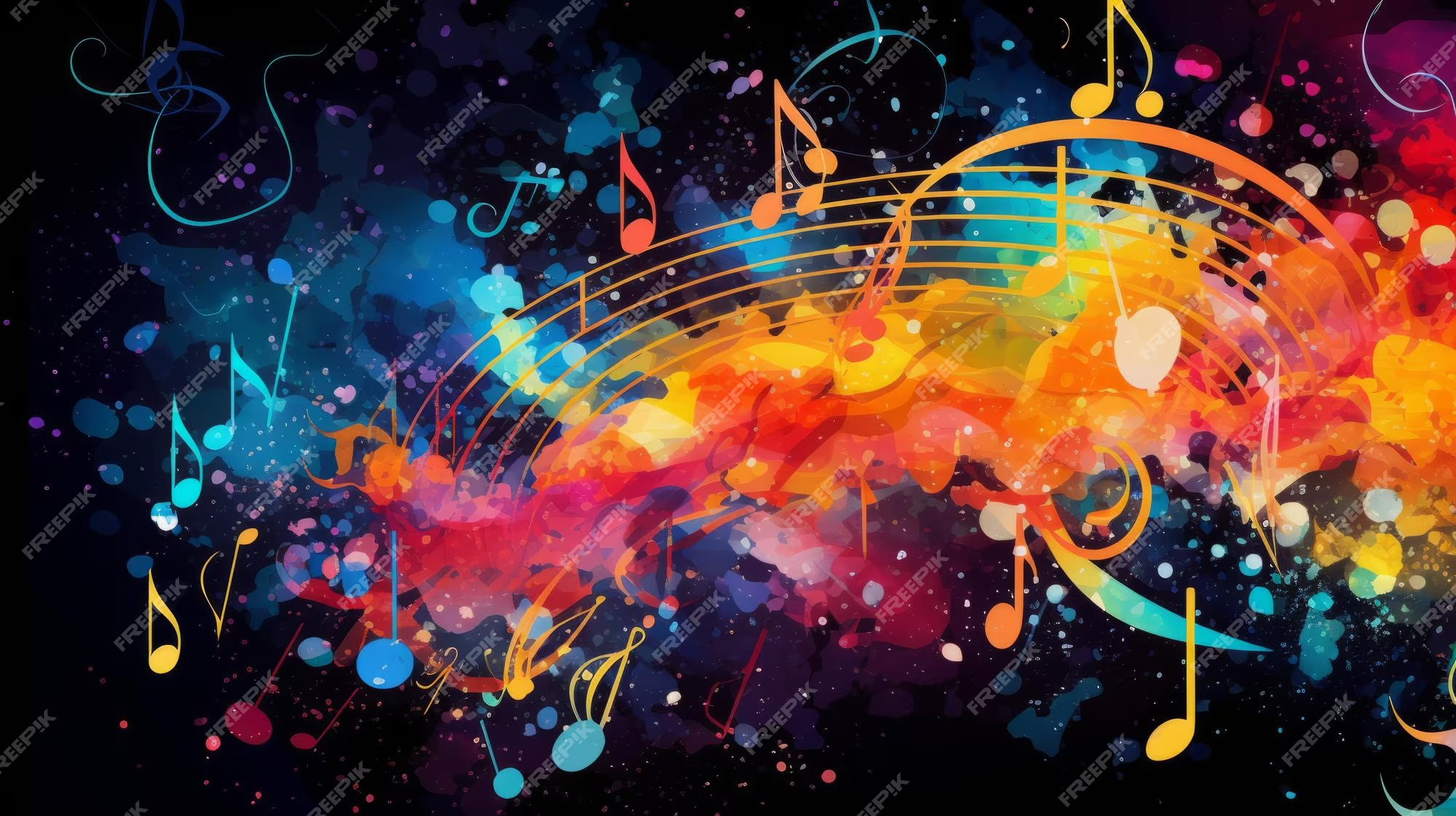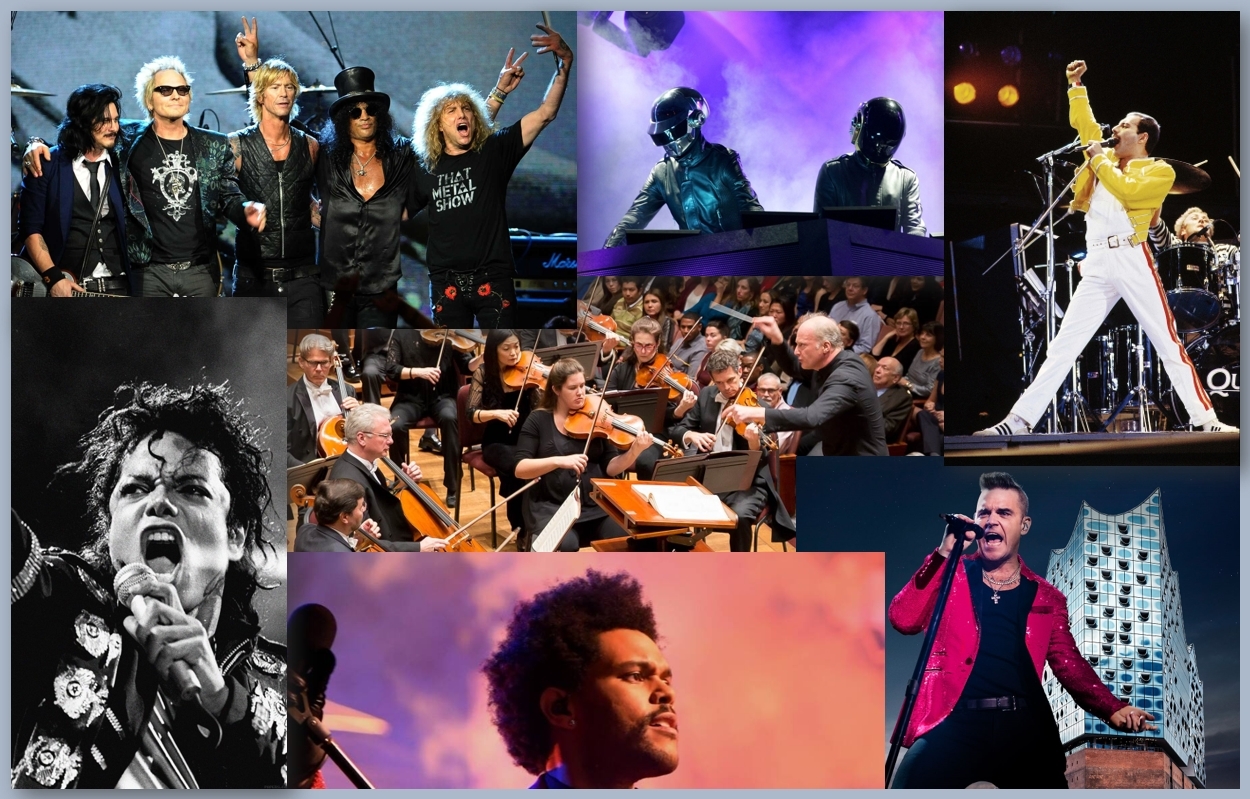Music is regarded as the most universal language of all. Music is more than sounds – it is a philosophy, rich in ideas that language cannot express. It is very effective at expressing certain emotions, culture, messages/intentions, and in this post I want to show how captivating this topic truly is.
A lot of us are used to the companionship of music. Music’s ineffability transports us away from the mundane, allays sadness, evokes laughter, brings us to tears, and rallies us to stand in unison. It confronts our fears and aspirations.
To quote Pluto:
“music is a moral law. It gives soul to the universe, wings to the mind, flight to the imagination, and charm and gaiety to life and to everything”
What is the definition of music, though?
Explications of the concept of music usually begin with the idea that music is organized sound. They go on to note that this characterization is too broad, since there are many examples of organized sound that are not music, such as human speech, and the sounds non-human animals and machines make. There are two further kinds of necessary conditions philosophers have added in attempts to fine tune the initial idea. One is an appeal to “tonality” or essentially musical features such as pitch and rhythm.
A lot of philosophers, including Nietzsche, Pluto and Aristotle, believed that music has the power to shape individuals and societies alike. It is able to drastically shift our mindset and emotions in a very little amount of time, as if it was magic.
Next to this paragraph I will have linked a Youtube video that quickly summarizes the effects of music on our brain.
My personal experience with music
Music has been a big part of my life ever since childhood. I would constantly sing and admire various artists from the industry. To this day my passion for music grows, and recently it’s been growing more than ever before.
Over time I have realized how effective songs can be at changing my mood and making me view my situations differently. I think most of us have experienced a similar phenomena as well. For example, when you’re feeling down and you listen to a song that invokes nostalgia, loneliness or hopelessness, which helps a certain negative emotion linger for longer. That is the reason I avoid those types of songs sometimes and indulge myself in upbeat rock, pop, hip-hop and electronic music instead. Emotional response to music – both positive and negative – affects a large enough portion of the population that it might be harnessed as a public health intervention because music is so accessible.
Not to mention, song lyrics can have a huge effect on our well-being and worldview as well, not just the tone of the song.
Music and lyrics support each other and work together to co-create one experience, an experience that would not be the same with one aspect missing. Take the popular Beatles song, “Here Comes The Sun.” The light-hearted music matches the hopeful lyrics, “Here comes the sun and I say, it’s alright.” Would this song be the same if the lyrics were “and dark remains and I say, burn it down”? No, it wouldn’t!
What effect does music have on YOU? Share your story in the comments below this blog and I would happily read it.

